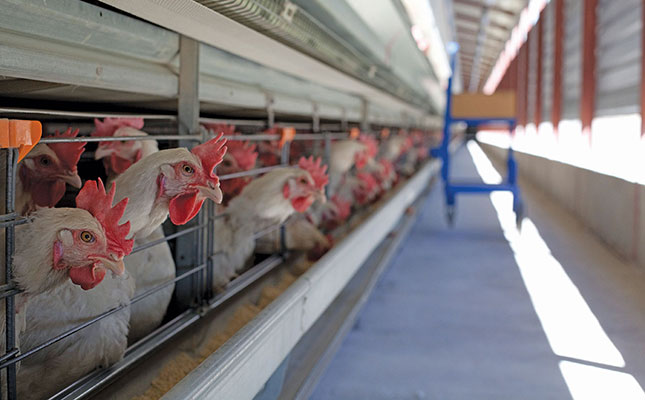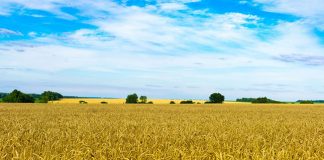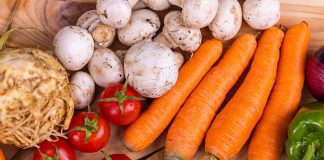
Disease management remains a key aspect of South African agriculture, especially when it comes to livestock, as this industry is the greatest contributor to the sector, accounting for 51% of total production.
This was according to Wandile Sihlobo, head of economic and agribusiness intelligence at Agbiz, speaking at the National Animal Health Forum (NAHF) and Agricultural Writers South Africa liaison workshop in Pretoria on Tuesday.
The agriculture sector had been identified as one of the sectors that would ignite economic growth and job creation in South Africa, with about 837 000 people employed in the primary agricultural sector, he said.
“But this growth will be export-led, as South African agriculture already exports 49% of its output in value terms.”
“For export activity to take off, biosecurity is key, considering the recent incidents of foot-and-mouth disease (FMD) that [resulted in a] ban on beef as well as wool exports,’’ Sihlobo said.
Proper implementation of existing policies would assist in ensuring proper biosecurity controls that would increase South Africa’s share of exports in the global market, he added.
This issue was also reiterated by the Minister of Agriculture, Land Reform and Rural Development, Thoko Didiza, during her recent budget address in Parliament.
She also mentioned plans to increase trade, and said the department would focus on facilitating access to new markets, including China for beef and fruit exports.
Sihlobo said beef and chicken exports to Asia and Middle East were already increasing due to the widespread African swine fever outbreak in the region, which was putting pressure on pork production.
Dr Pieter Vervoort, vet and manging director of the NAHF, said although the ban on beef and pork exports to several regions had been lifted, South Africa was not out of the woods yet, and there was more that needed to be done.
In this regard, education and awareness programmes had been set up by the agriculture department in conjunction with the NAHF to ensure that farmers understood the importance of biosecurity in livestock production.











